For Tim Oates, a school is not just a school. “It’s not that simple”, insists the research director. “They are a place where these really complex transactions go on – where kids are inducted into the canon of knowledge that’s been carefully accumulated by society.
“Thousands of years of knowledge and hundreds of years of scientific knowledge is made available to them. If they acquire it, it’s good for them, the society and the economy. And we pay for it through our taxes.”

Oates chaired the former coalition government’s controversial 2010 national curriculum review. He has been working with Cambridge Assessment, which operates and manages the university’s three exam boards, since 2006, and runs a research department of 40 people.
Awarded a CBE in the New Year’s Honours List for his services to education, he has come a long way from his grammar school days at Bishop Wordsworth’s School in Salisbury: “I wanted to read what I was interested in – not what the teachers were telling me to read. My initial set of exam grades at 16 were appalling. Bad and weird!”
He calls the teachers at the school “fantastic” and says he excelled at sixth form because he could study the things he was interested in.
Raised in “a tiny village in Wiltshire with just a few hundred people”, his father Charles was “a kind of bohemian artist – but he did all the graphic work for some very large companies during the 1950s and early 1960s”. This included all the box-top art for kit model manufacturers Airfix.
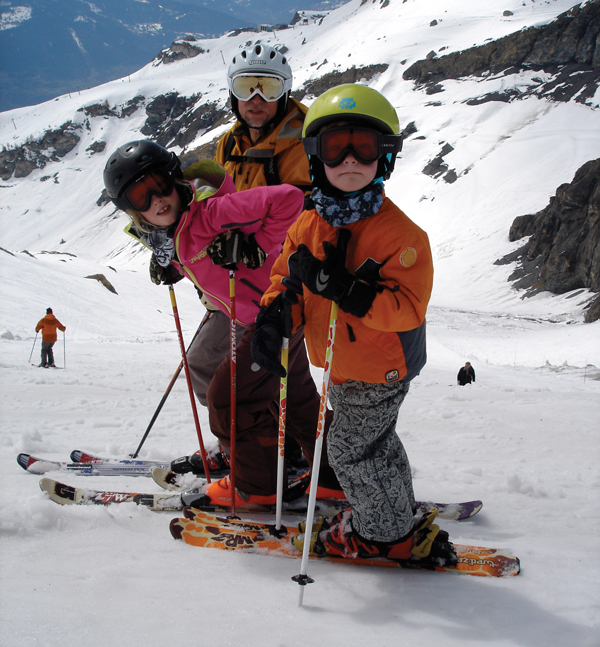
But his father, who was very disabled after having contracted polio during his youth, died when Oates was six.
“My memory of time with him is still very acute,” says Oates. “The house was always full of models. He worked at home and it was a great childhood.”
His father also had a model-making programme on independent television on Saturdays. “There were 92 episodes. I’ve got a TV Times with a photo of me in it from the 1960s.”
Oates was a late addition to the family. His brother John was 11 years older and his sister Penny nine. He describes himself as a “kind of feral child” – but books were a big feature too. He remembers “roaming the countryside in a completely unrestrained way, up to my knees in mud chasing crayfish”.
“I wanted to read what I was interested in – not what the teachers were telling me”
Advised by his grammar school to go to Oxford, he instead chose Sussex University – where he could pursue his interest in contemporary philosophy, as well as literature. He graduated with a first and went on to study for an MA in philosophy at the same institution.
He took up mountain biking during his time at Sussex, and also ran the university film club for a few years “because of a deep interest in what film does for us”.
He married when he was in his mid-30s: “to a very lovely woman who died of cancer within a year of us marrying. I did not think I would ever have a family. So it’s great to have such a fantastic family”.
His partner is Jane and they have two children – a boy of nine, called Alex, and a girl called Erin, who is 11. Oates’s love of cinema is being handed on to the next generation. “Almost every Sunday we will sit down and watch a film that I’ve chosen.”
His interest in this area started early – when he was seriously ill with mumps at the age of 14 and off school for months. “My mother knew I was struggling with a serious infection, so she bought me a small portable television,” he recalls. “What she did not know – and certainly wouldn’t have approved of – is that New World Cinema was on at 11pm, so I watched some incredibly interesting films, including all the Ingmar Bergman films and that did change me quite a lot. I thought a lot about government and revolution and what schooling and the state does.
“So by the time I got to my mid-20s I was not a violent revolutionary – I was suspicious of any form of political organisation. I was interested in evidence.”
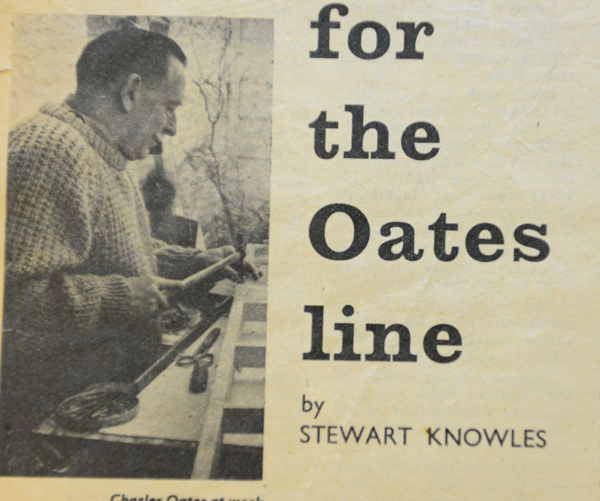
That’s why the negative comments he received when he chaired the 2010 national curriculum review still rankle.
“Because I’ve done work for governments of all complexions, people have tried to pigeonhole me as being unduly supportive of Conservative interests or unduly supportive of left-wing interests and that’s just naïve,” he says. “What we are really interested in at Cambridge is evidence about education and that’s what drives me and the institution. So crude political labelling just does not get it right.”
He did, of course, work closely with former education secretary Michael Gove to revamp the national curriculum. “What was interesting about Michael Gove was that he was an adopted child,” observes Oates. “If you talk to him, he knew that education was fundamental to his own life history and he wanted access to high quality education for all children.
“When we held our initial discussions about the work we were doing in Cambridge that criticised the national curriculum, it was discussing ideas like that which impressed me in relation to what the new set of ministers were trying to achieve.”
Oates became an educational researcher after he was asked to help out on a project while still a postgraduate student at Sussex, and subsequently introduced to a “bunch of leading theorists in educational research”.
He also became an evaluator on a programme for youth training schemes in this country and “became very interested in people who had not done well in academic education and for whom vocational education was very critical”.
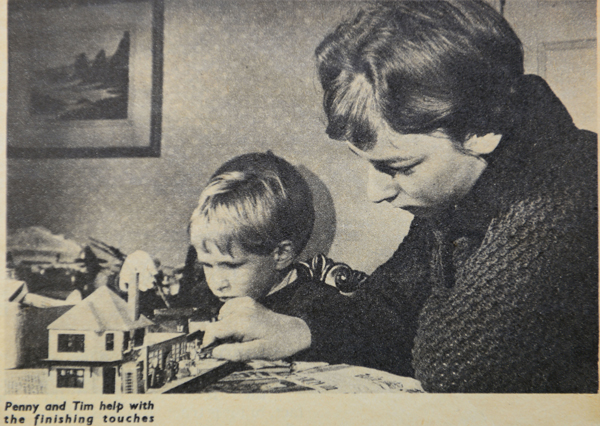
He has been able to do a large amount of international comparative work on vocational systems for 35 years.
What are the lessons for us? “I think we need to think in a much more sophisticated way about how we can improve vocational education in this country,” says Oates. “It’s essential for the economy, but we are not there yet in terms of policy formation.”
He worked with Ron Deering, who reviewed the national curriculum in 1995. By 2006 Oates had moved from the Qualifications and Curriculum Authority to Cambridge Assessment and he feels that the national curriculum “went badly wrong in 2007”.
What does he think of the view that the current national curriculum makes it difficult for schools to explore subjects in depth and follow young people’s interests?
He replies: “The national curriculum got back onto the right track following the 2010 review. Is it narrow? No. Only those with an impoverished idea of what constitutes knowledge would consider it narrow. It is indeed based on ‘fewer things in greater depth’ at primary school. But it focuses on the real essentials.”
Oates says that if you go to countries such as Singapore and Finland they consider education is about “deep knowledge of the formal disciplines, high attainment, and high enjoyment – a rich and balanced curriculum”.
“Deep knowledge and a rewarding life – they are intimately connected. It is only people who have blinkers who set those two things in opposition – and it’s an entirely false opposition.”
IT’S A PERSONAL THING
Who have been the two most influential people in your life and why?
My brother John; having a polymath, overachieving older brother is a great motivator.
Mr Taylor, the deputy head at Bishop Wordsworth’s School in Salisbury, who had confidence in all his pupils, and who switched me on to academic study.
What was your favourite childhood toy or book – and why?
I read voraciously as a child, in a house full of books. One author comes immediately to mind – Arthur Ransome, with his infectious love of the Lake District.
How would you spend your perfect day?
With my partner and kids, up a mountain.
Your house is on fire! Which two items would you save?
Laptop – my life is on it, in photos and papers – and my watch – it’s been with me all over the world.
What’s your recipe for a good life?
An old friend once said ‘don’t worry about things you can do something about… you can do something about them… and don’t worry about the things can can’t do anything about… you can’t do anything about them.’ That’s a good way of staying sane and focused. And astronaut Chris Hadfield’s ‘always sweat the small stuff’. That always pays off, whether you are doing academic research or climbing at altitude.


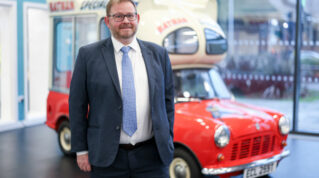
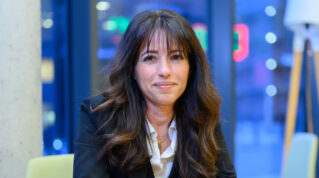

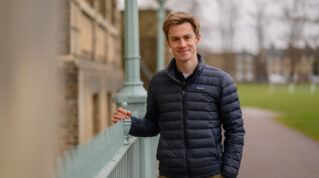


An enlightening interview and profile of Prof. Tim Oates is interesting. It is simple yet so enlightening. Enjoyed reading the profile.